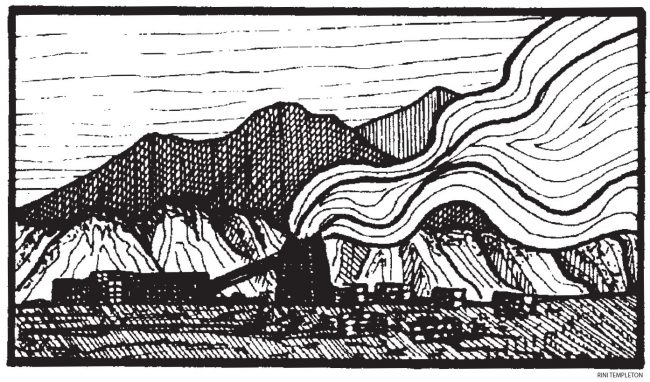 Through role play, “Stories from the Climate Crisis Mixer” introduces students to 23 individuals around the world — each of whom is affected differently by climate change. For some, climate change threatens to force them to leave their land. For others, it is a business opportunity. In this activity, students meet one another in character and learn about the impact of climate change in their lives — and how each is responding.
Through role play, “Stories from the Climate Crisis Mixer” introduces students to 23 individuals around the world — each of whom is affected differently by climate change. For some, climate change threatens to force them to leave their land. For others, it is a business opportunity. In this activity, students meet one another in character and learn about the impact of climate change in their lives — and how each is responding.
Roles for this lesson include:
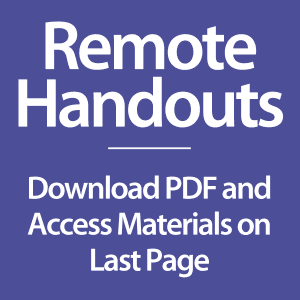
- Evelyn Acham, Coordinator, Rise Up Movement, Uganda
- Ed Bastian, CEO, Delta Airlines, Atlanta
- Julia Fay Bernal, Pueblo Action Alliance, New Mexico
- Regina Brave, Lakota, Pine Ridge Reservation, South Dakota (Paha Sapa)
- Quannah Chasinghorse, Han Gwich’in and Oglala Lakota in Fairbanks, Alaska
- Tom Conway, developer in Miami, Florida
- Elizabeth Easton, Beaumont, Texas/Oakland, California
- Moi Enomenga, Huaorani Indian, Eastern Ecuador
- Larry Gibson, Mountaintop removal activist, Kayford Mountain, West Virginia
- Mustafa Abdul Hamid, a Syrian living in a Refugee Camp in Lesbos, Greece
- James Hansen, Former director of the Goddard Institute for Space Studies, NASA, New York City
- Rafael Hernandez, Immigrant rights activist, The Desert Angels, U.S.-Mexico border
- Chris Loken, Apple grower, Hudson Valley, New York
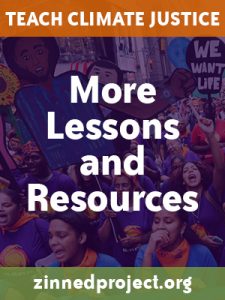 Yolanda del Carmen Marín, Coffee plantation worker, Sonsonate, El Salvador
Yolanda del Carmen Marín, Coffee plantation worker, Sonsonate, El Salvador- Anders Opedal, CEO and president Equinor, Norway
- Anisur Rahman, Mayor of Antarpara, Bangladesh
- Paulette Richards, Miami, Florida
- Enele Sopoaga, Prime Minister, Tuvalu
- Nancy Tanaka, Orchard Owner, Hood River Valley, Oregon
- Stephanie Tunmore, Greenpeace climate campaigner
- Rinchen Wangchuk, Snow Leopard Conservancy in Ladakh, India
- Trisha Kehaulani Watson, Environmental lawyer, Hawai’i
- Elizabeth Yeampierre, Environmental justice organizer, New York City
This lesson was originally published in the Rethinking Schools publication, A People’s Curriculum for the Earth: Teaching Climate Change and the Environmental Crisis.
A People’s Curriculum for the Earth offers dozens more lessons for teaching about climate change. Find additional resources for the classroom on the environment below.
Classroom Stories
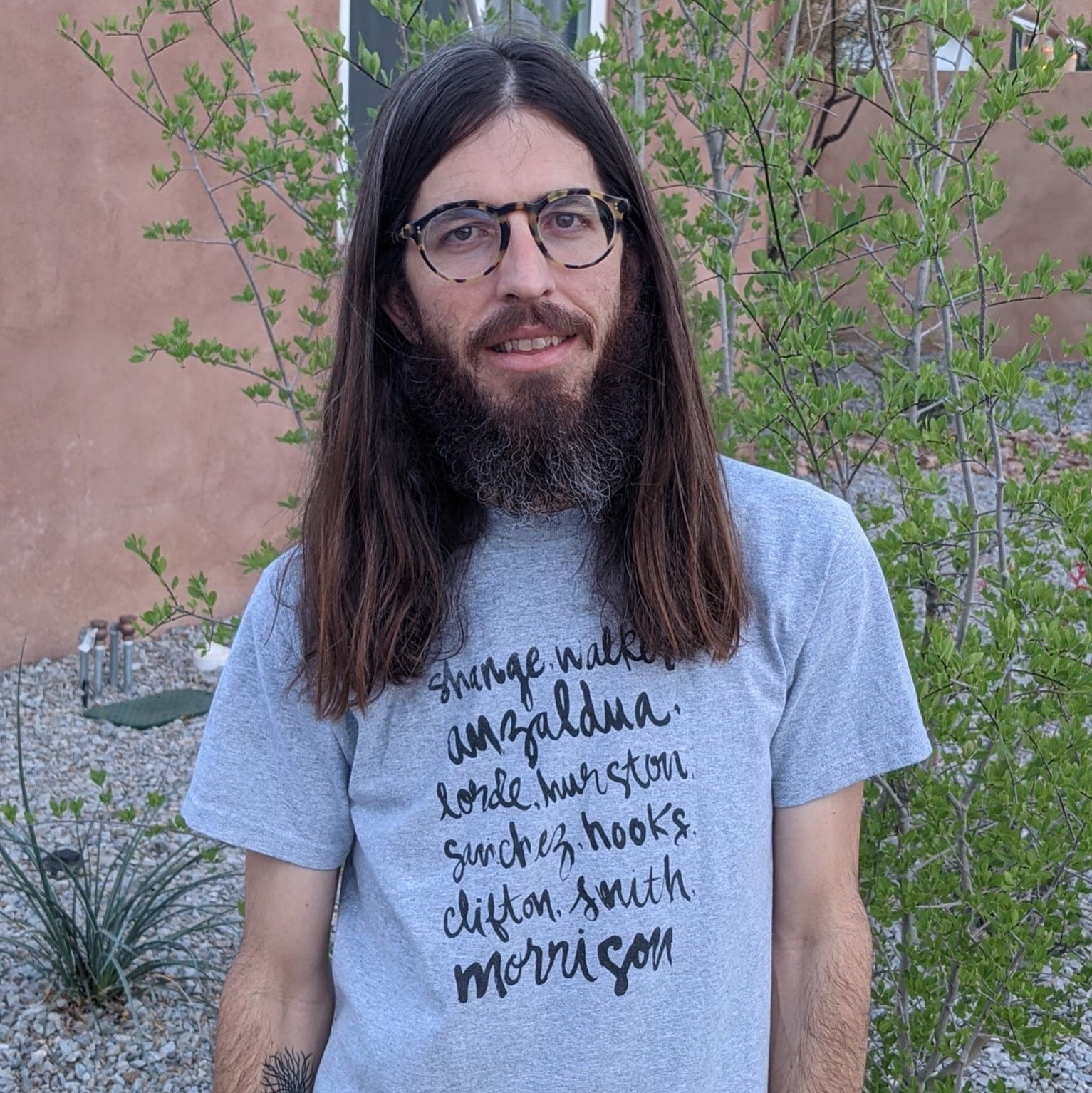
This year my 11th grade English classes are reading The Grapes of Wrath. I teach in Albuquerque and I wanted to find engaging ways to make John Steinbeck’s beautiful and angry novel come alive for my students and connect to issues of farming, climate change, and unionizing that we are still experiencing today.
Basically, I wanted this unit to answer the question, “Why are we reading this?” as this is a question I try to ask myself every time I assign a text.
Luckily, the Zinn Education Project had my back!
I used Food, Farming, and Justice: A Role Play on La Vía Campesina to show the struggles and triumphs farmers across the globe are facing today, as well as the Stories from the Climate Crisis Mixer, to give students more breadth and depth on or current climate crisis around the globe. Both lessons connected perfectly with The Grapes of Wrath. Read more.
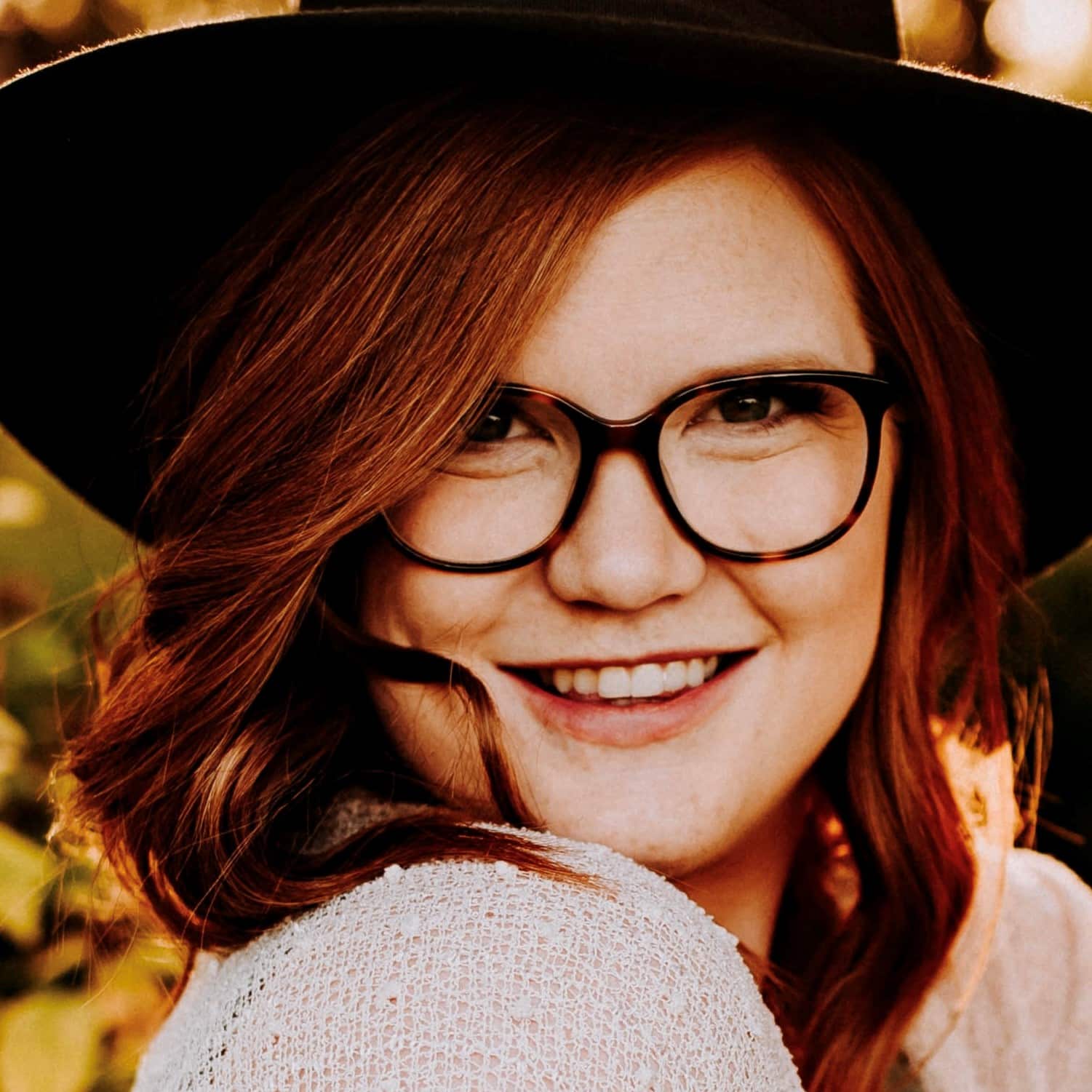
I’ve used both the Stories from the Climate Crisis Mixer and the Climate Crisis Trial role play learning activities in my 8th grade language arts class to introduce students to our argumentative unit at the end of the year. I wanted to introduce students to a relevant and complex topic at the start of the unit to get them thinking about the spectrum of perspectives that make up all different sides of an argument.
The climate mixer activity was easy to implement, got my students talking, and made the climate crisis personal by focusing on specific individuals impacted by climate change. Including perspectives of people who benefit from climate change really pushed my learners to consider who might benefit from any issue.
The mock trial format for the climate crisis role play also pushed my students beyond simple answers to complex questions by demonstrating how multiple parties hold responsibility for the current crisis. In the end, many agreed that several parties were to blame, some more than others, but that assigning blame did not lead to a solution to the crisis. The argumentative work we did in our writing moving forward reflected this solutions based focus for argumentative writing, acknowledging responsibility for current issues while focusing more on ways to solve complex issues. The topic of this role play was complex, but the engaging format of a trial kept my learners engaged and many noted the mock trial as one of their favorite learning activities from the year.
Last year, I used the Stories from the Climate Crisis: A Mixer resource with my seventh grade Geography students. It was really interesting for students to hear real people and their experiences with climate change’s impacts. I felt that this resource had a greater impact on building empathy rather than simply watching videos or looking at charts. When students are able to see and hear how real people are affected, it’s more impactful and meaningful.
After using this lesson as described, students used the statement of one of the people to represent them at a mock UN Climate Summit. Students were able to research more into the countries and locations that these people came from and specifically how these places and people were affected by climate change. It was also really helpful to have people on “both sides” of the climate fight because it offered students a chance to see why some people would be motivated to perpetuate the crisis and have a meaningful conversation about the morality of it.
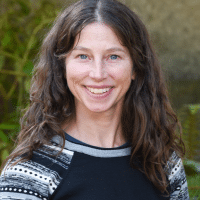
I teach a year-long environmental science course and we spend about a month (or a little more) on a climate change unit. Earlier in the year, students learn about environmental justice as part of the sustainability unit. So, it’s only natural to also include climate justice as part of the climate change unit. Within the unit, students learn about the causes of climate change, earth’s climate history, how climate change is impacting humans, animals, and ecosystems, and the many possible solutions.
I find the Zinn Education Project resources to be invaluable for bringing in real stories of people impacted by climate change and involved in climate change solutions. The Climate Crisis Mixer is a great activity for the students to take on the perspective of another individual. For my students, the stories give connection and meaning to the science that they are learning. I look forward to also incorporating the Climate Crisis Timeline this year to provide more context for historical events and movements.
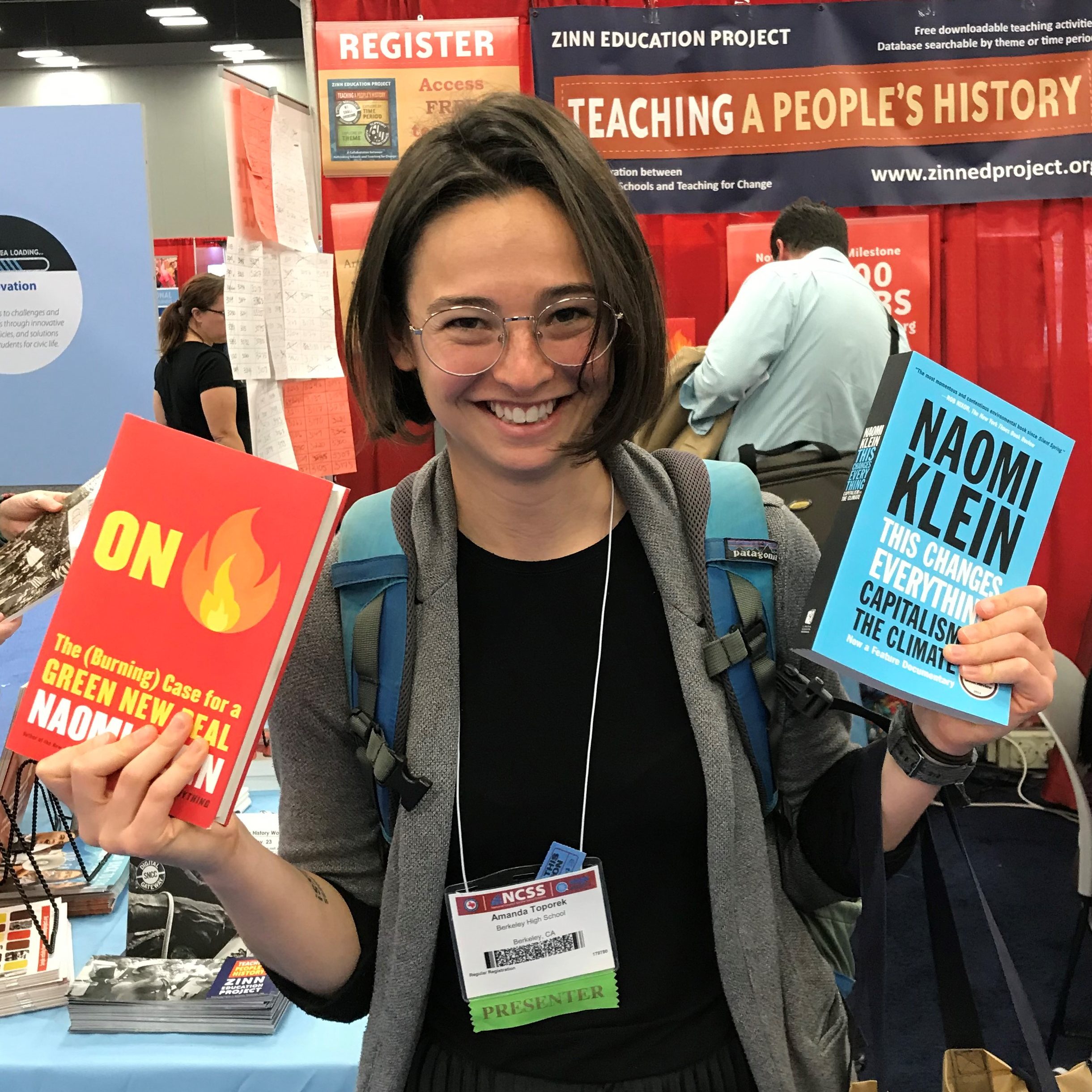
Thank you, to the Zinn Education Project, for providing such a contemporary and fun resource in the Climate Crisis Mixer lesson! My students loved taking on all the various personas.
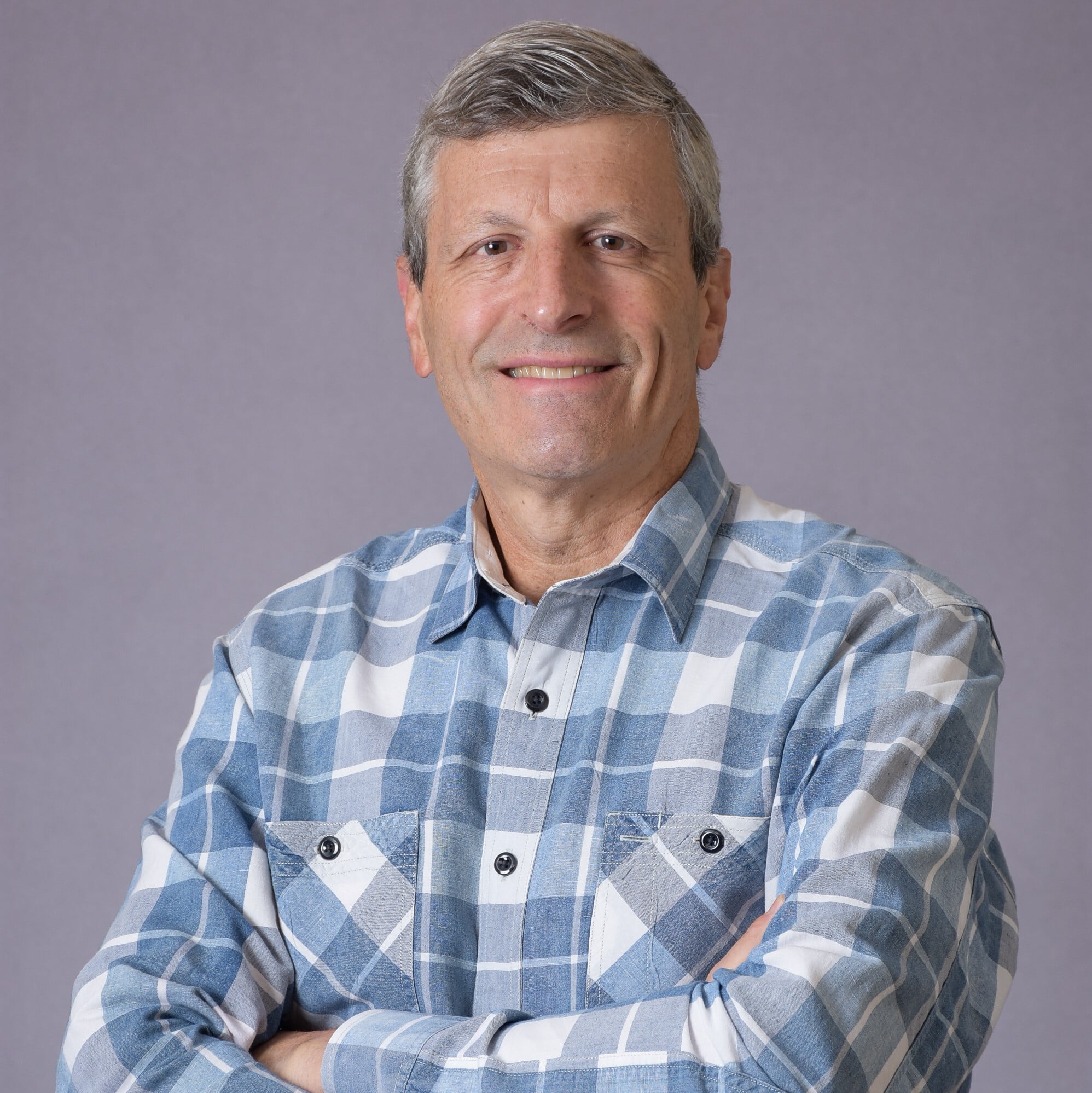
For the past two years, I have been using the Climate Change Mixer as part of the case study on climate change for my environmental justice unit. It has proven to be an extremely engaging and effective simulation. The first time I utilized it was in the Spring of 2020, when we were teaching remotely during the lockdown period. While I was hesitant to try it on Zoom, the activity proved to work very well in distance learning with good planning as to the use of breakout rooms.
In the Spring of this year, we were fortunately able to do the simulation in person and it worked even better. The students really played their parts well and after writing their post-activity reflections, they asked if it would be possible to do it again playing different roles.
I would really love to see this turned into an online game similar to the ones I have found on iCivics. If that were possible, students could engage in this activity not only in class, but by themselves online, playing different roles and gaining the value from that. However, even as is, it is an extremely effective, well structured simulation.
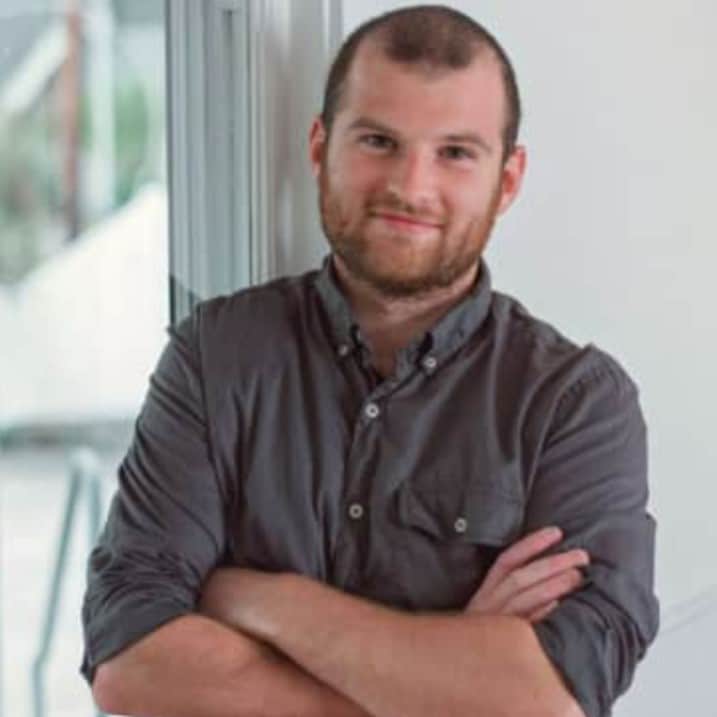
Connecting climate change to Middle School can be a real challenge. Students often ignore the impacts their choices make and see everything as happening in a far off future. During distance learning last year I attended a virtual conference hosted by the Zinn Education Project regarding their “Stories from the Climate Crisis: A Mixer” lesson. The lesson does a great job of getting students to not only understand personal impacts but to discuss them as well.
My 7th grade Washington State History class used the materials towards the end of our Humans and the Environment lesson. We had been discussing drought and agriculture in our state, as well as the impacts of pollution and human expansion, (one of the stories even discusses this directly). Students were able to understand how the things they do not see everyday can still be happening and how it does not take much to offset the balance of nature.
As a follow up activity, we looked at our own community and students worked in small groups to list everyday actions that teenagers can do to make an impact. This was followed up by a class discussion on what the best solutions are to climate change and how we can all take actionable steps to prevent it. I plan to keep using the lesson in future classes and even to incorporate it into my Creative Writing course.
Mixer has gone REALLY well so far! I created a couple of additional scaffolds that I wanted to share in case anyone is looking to use the same @ZinnEdProject climate mixer!
My students really benefit from visual directions & guided notes:https://t.co/bEZfOATuo8
— Christie (@ChristieNold) May 17, 2023
I’m loving eavesdropping on these thoughtful, empathetic conversations as Ss role play multiple perspectives and stories of people, places, and environments impacted by climate change in the @ZinnEdProject Climate Crisis Mixer activity. #TeachClimateJustice #GlobalCitizen pic.twitter.com/vWsNcFHkrd
— Brett Benson (@MrBensonNMS) April 13, 2022
Today, @ConnistonMiddle Ss learned from @ZinnEdProject Stories From the Climate Crisis Mixer and learned the stories of 22 individuals from around the world affected by climate change. Their conversations were fascinating and we’re excited to go deeper. #PBL pic.twitter.com/WRZ3eyaIKB
— Charlsie Hanson (@CharlsieHanson7) November 16, 2022
More Classroom Stories
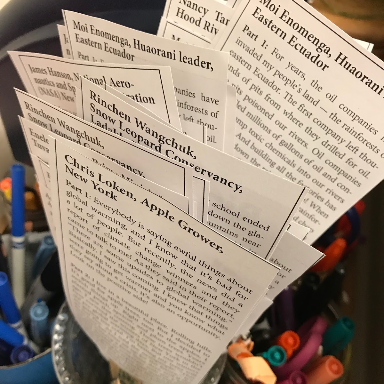
I led an entire unit on environmental justice with my elementary class. We discussed a variety of topics related to environmental justice including food deserts, redlining, climate change, pollution, air and water quality, and public transportation.
When discussing climate justice, we did a mini climate conference based on the Zinn Education Project’s The (Young) People’s Climate Conference lesson.
I separated students into three groups to have three mini-conferences. They presented to their classmates one at a time read directly from the character cards provided by the lesson. I created my own “scavenger hunt” sheet so that each student could take notes on other presentations.
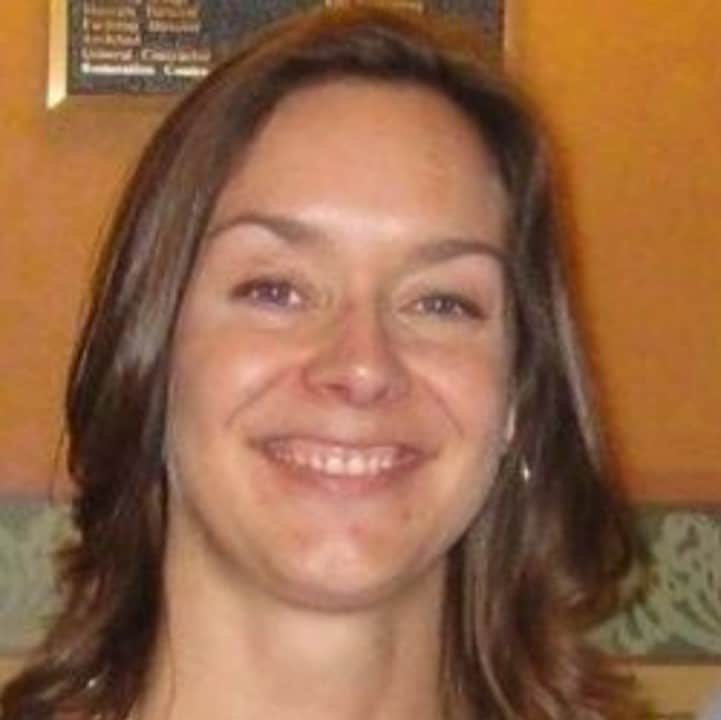
As a teacher educator, I use the Climate Change mixer and the Young People’s Conference on Climate Change in order to support my students’ understanding of how colonialism, globalization, and climate change intersect today. The activities help my students, who are pre-service teachers, to connect science to social studies in meaningful ways and to teach in interdisciplinary and critical ways.
We often build on the two lessons by developing a TourBuilder narrative to emphasize narrative and geography, and have also included PBS’s interactive “The Last Generation.” This site provides a face to people like those under discussion in the Climate Change Mixer and also steps us into discussions of climate change displacement and immigration as well as other economic/political consequences that may seem unrelated.
Having access to these resources has been beneficial in a lot of ways and has greatly enhanced our teaching and learning in relation to climate change.

This past winter, I taught a first iteration of a multidisciplinary climate change course, “Climate Change: From Knowledge to Action.” As part of a unit on climate impacts and climate justice, students and I engaged in the Climate Change Mixer activity.
I assigned roles to students the day before the activity and students then took time to do further research on their character and that character’s home place (and how it was being affected by climate change).
During the activity, students got really into their roles and engaged in meaningful conversations with each other. The experience even inspired some students to pursue climate-justice-related topics in their projects later in the term.
I used the Zinn Education Project’s Climate Change Mixer in a problem-solving project with my 8th grade science students, where I had students work in teams to create an essential question around one of the UN Sustainable Development Goals. Then, they had to propose a solution to address their question. They needed to be able to identify various stakeholders and whose interest was being served by their solution.
Once students had their questions, my school’s librarian and I collaborated to have the students engage in the Climate Change Mixer. The different experiences and perspectives of the individuals represented in the mixer activity really resonated with the students. They were highly engaged during the activity, and were able to identify new insights that they gained from their conversations while in the roles.
When they returned to the sustainability questions, the mixer activity helped students identify who is, and who is not, being considered and impacted in their projects’ solutions.
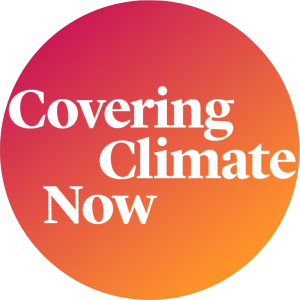
This lesson was shared by Rethinking Schools for the week of September 15-23 as part of Covering Climate Now, a global collaboration of more than 250 news outlets to strengthen coverage of the climate story.


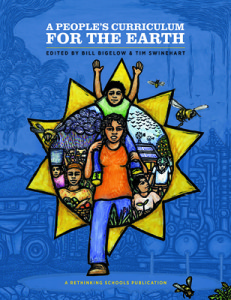

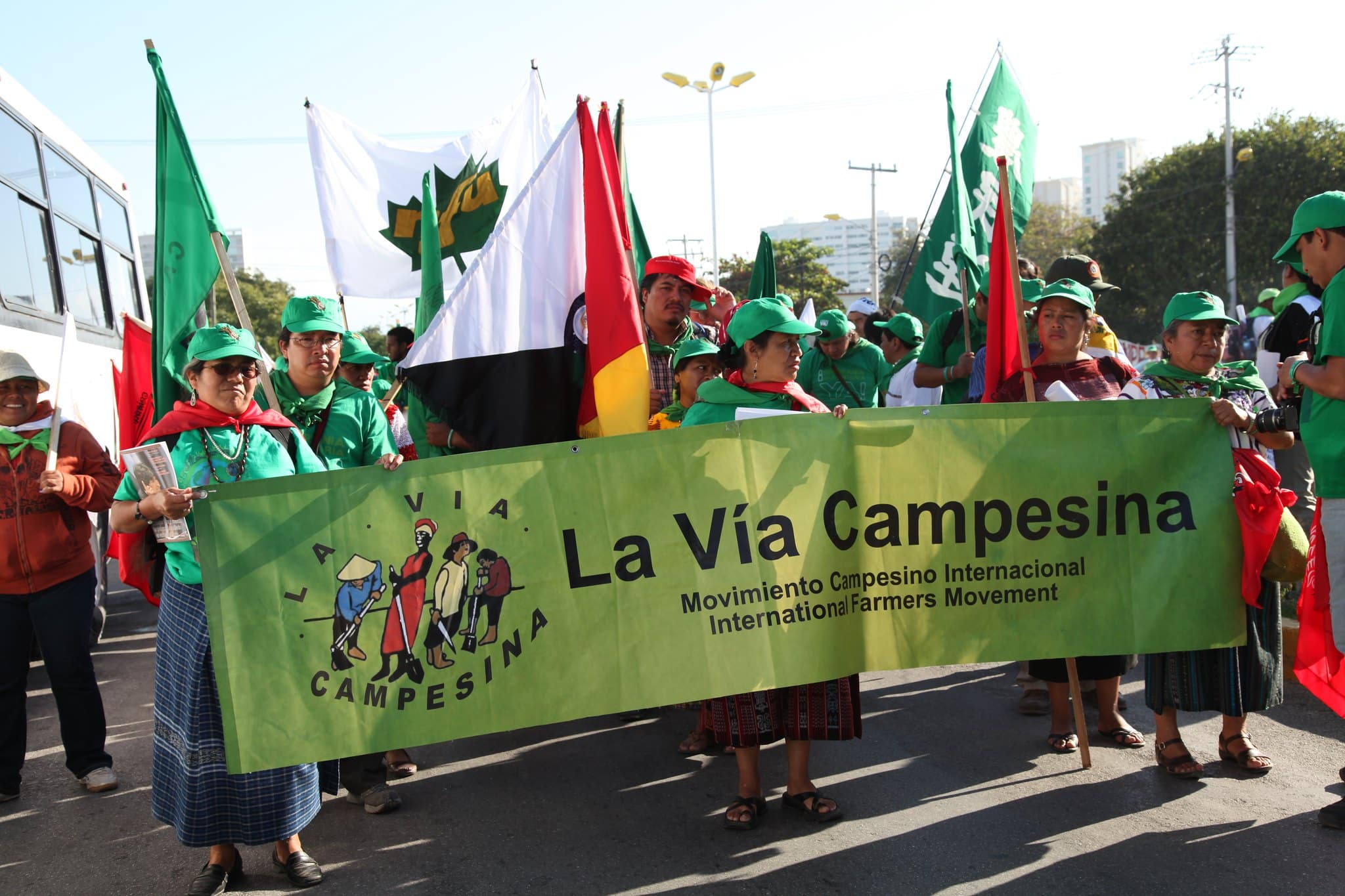
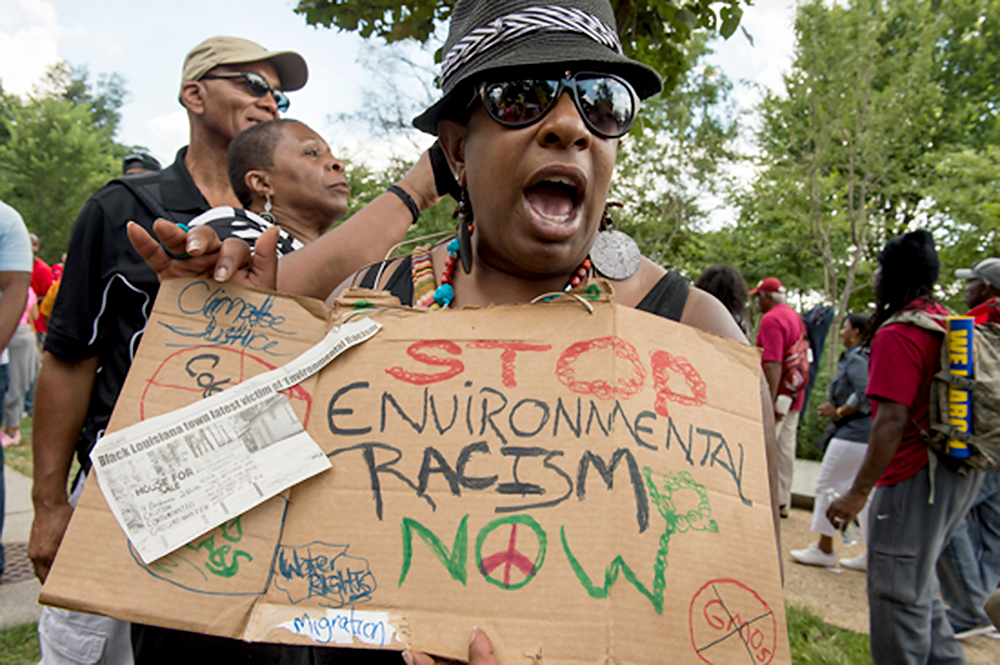
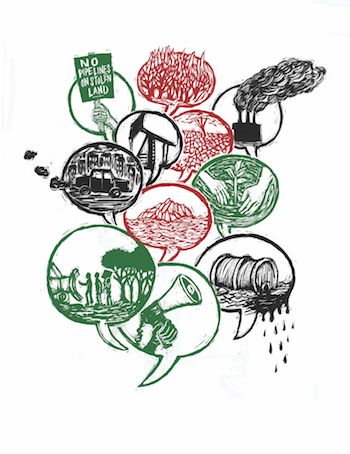
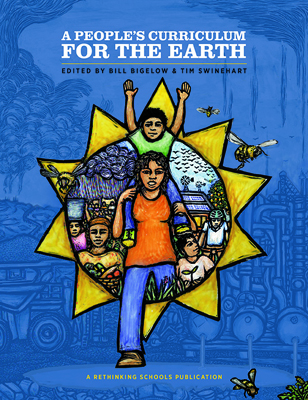
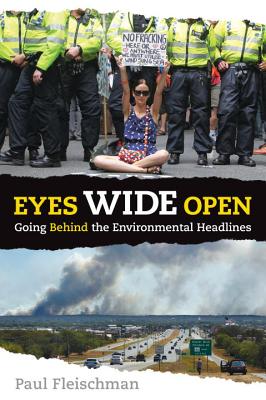
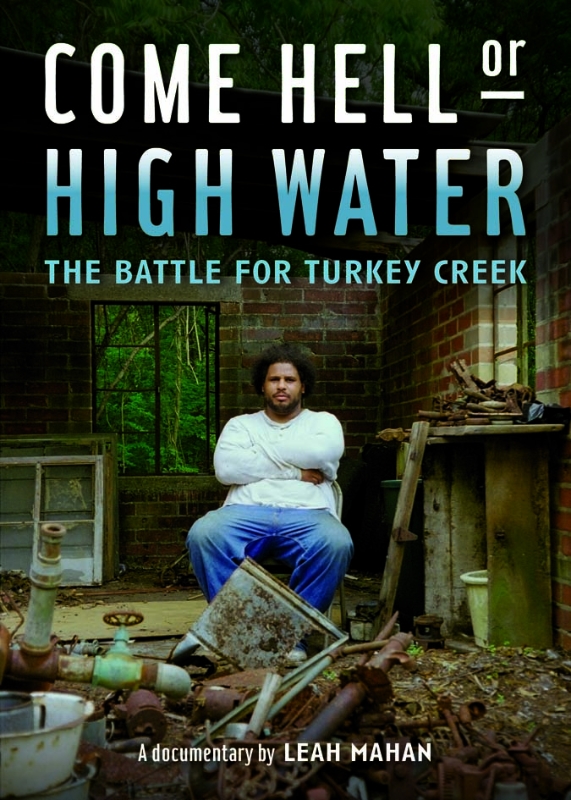
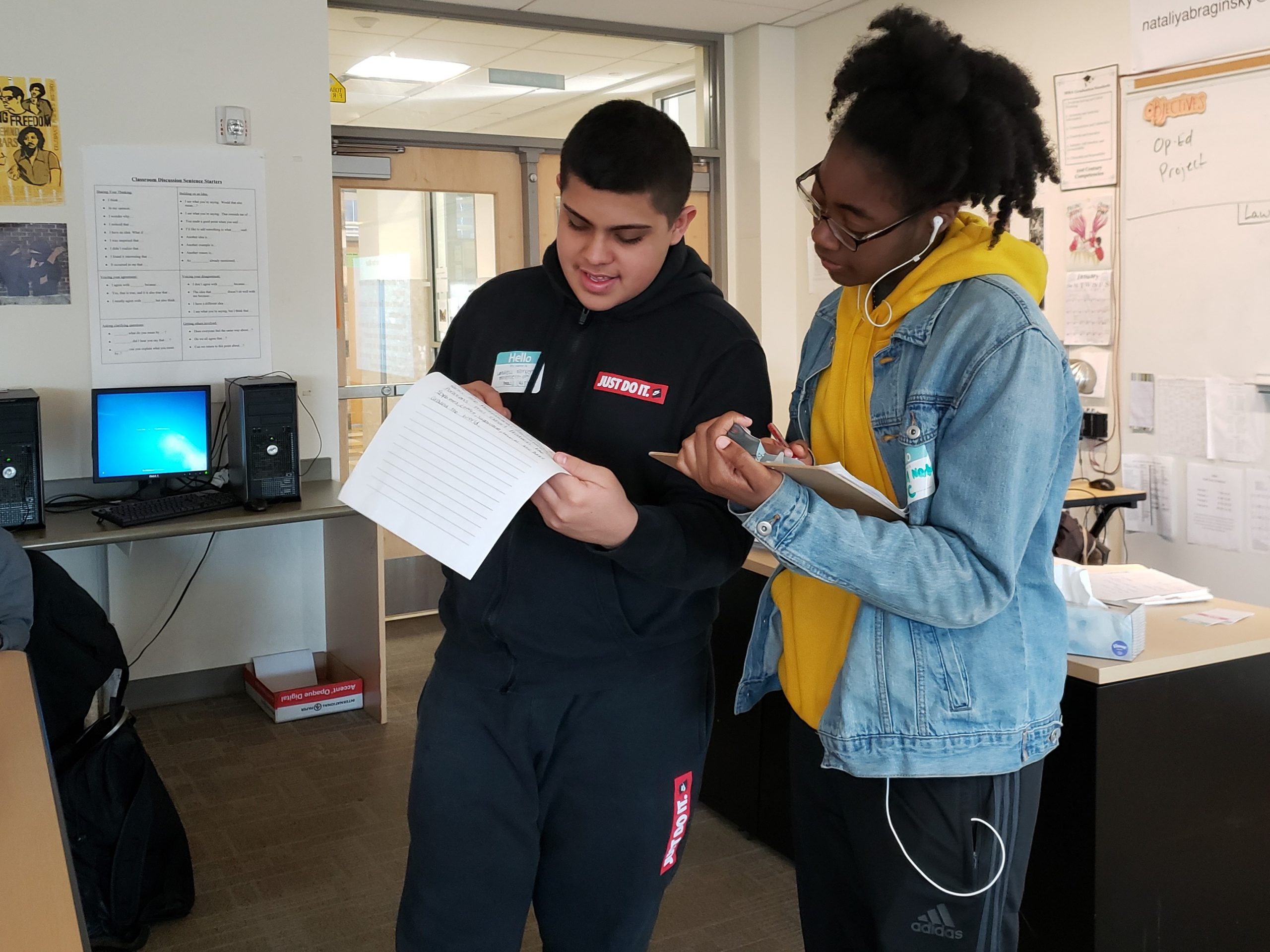
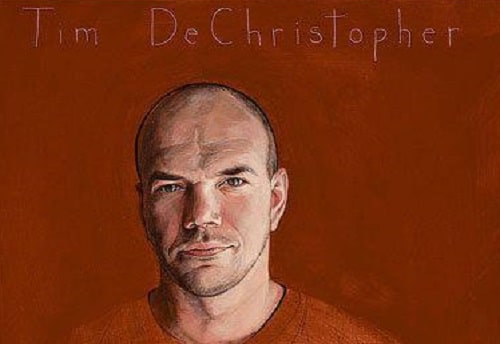






I taught this with my 5th grade class. It was our first mixer, and the students loved the format. Some of my students became very anxious, and one was weeping as we discussed what we’d learned about in the mixer. The devastation for vulnerable people while others profit was a lot to take in. I think it’s important for students to learn the truth and get angry about the Climate Crisis, but I also wanted to end with some action, so I followed this the next day with the Generation Climate mixer, plus a youtube video called Kids Meet a Climate Activist. We then did the Green New Deal lesson and students felt a little more empowered to make change. By the end of the unit students understood that this crisis is systemic in nature, and they could see through the greenwashed “carbon footprint” personal responsibility scam. I think they’re more ready to go off and be activists, organize, protest, and force the hands of their elders.